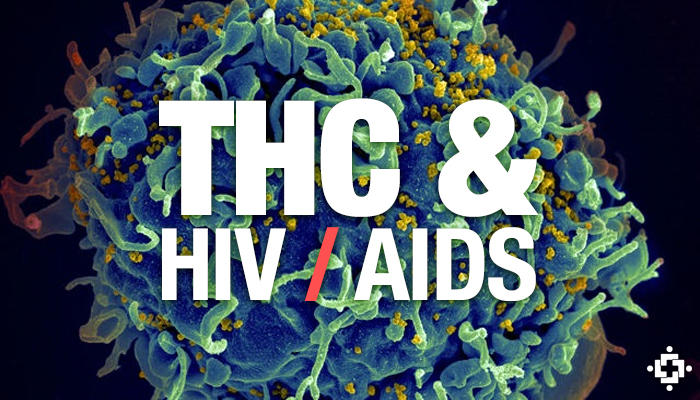So you can avoid the risk of cardiovascular ibuprofen and other inflammation-inhibiting..
The science has focused on ibuprofen and other NSAIDs, abridged NSAIDs. Concerned for some time, associated the cardiovascular risk with these drugs, for its ability to widely alleviate headaches and muscle or treatment of inflammation. A new study published in the British Medical Journal suggests that administration of these drugs is associated with an increased risk of a heart attack from the first week of use
It is not the first time that the scientific community warns about cardiovascular risk ibuprofen and similar drugs. Reference manuals such as Ibuprofen book: Pharmacology, Therapeutics and Adverse Drugs, edited by K. D. Rains in Springer, and warned of potential side effects of NSAIDs. Another earlier study in the British Medical Journal also linked inflammation-inhibiting administration with an increased risk of heart attack.
What are NSAIDs?
Non-steroidal anti-inflammatory drugs or NSAIDs are medicines used to treat both pain and inflammation.
If used in full doses on a regular basis, NSAIDs help block the actions of body chemicals that are responsible for mediating the inflammation associated with many forms of arthritis.
Increased risk of myocardial infarction
The relationship between NSAIDs and increased cardiovascular risk is clearly defined in all its forms, "explains Hipertextual Vicente Baos, a physician and expert at the Spanish Agency for Drugs and Health Products (AEMPS). The new study in BMJ argues that the administration of anti-inflammatory drugs like ibuprofen increases the risk of acute myocardial infarction only a week after you start taking drugs (celecoxib, ibuprofen, diclofenac, naproxen and rofecoxib, already not commercially available ).
So far, the drug Diclofenac was at a higher risk, so much so that he came to appreciate his retirement. The drug itself was withdrawn from the market was the rofecoxib, according to a decision of the Spanish drug agency in 2004, precisely because of its cardiovascular risks. Vicente Baos Comments Hipertextual that anti-inflammatory drugs had a lesser risk were Naproxen and Ibuprofen at lower doses, with Celecoxib, although this work seems to be the exact opposite. Risks that head doctors bring pain to treat as acetaminophen recent studies and opiate dependence are in danger of side effects and abuse seem ineffective.
How to treat pain?
IN THE NEXT BLOG WRITE ON
Anti-inflammatory medicinal plants
ATT GREETINGS; MR PLANTSS
CONTACT, DOUBTS, COMMENTS, PROPOSALS VIA email: plantssrm@gmail.com



No hay comentarios.:
Publicar un comentario